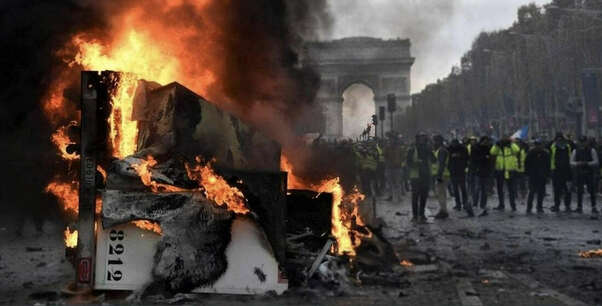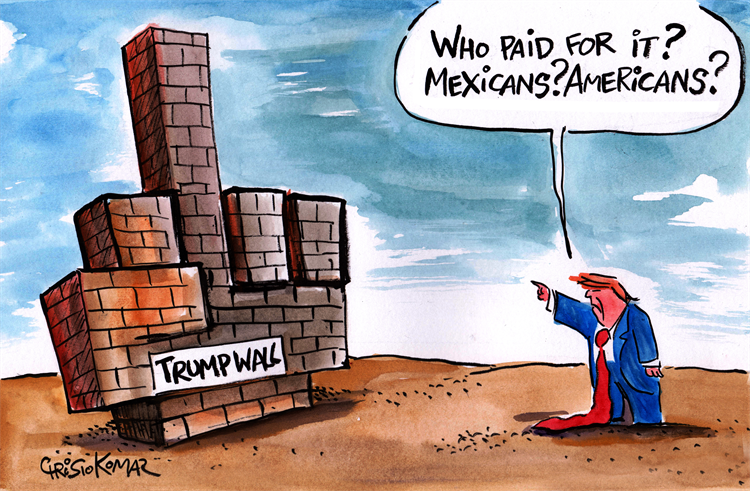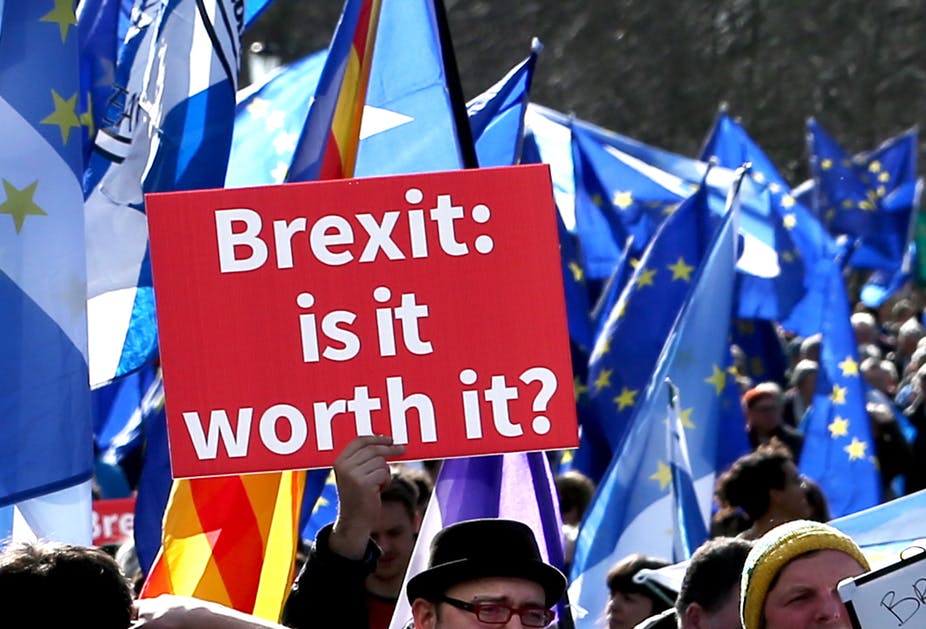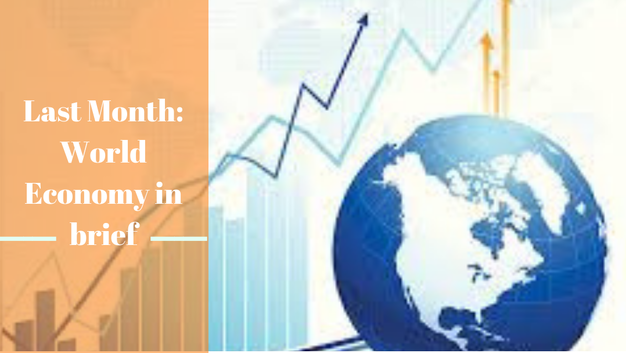ECONOMICS STUDY CENTER, UNIVERSITY OF DHAKA
|
Kefayet Alfesan, Sheikh Rafi Ahmed, Farhana Akhter, Nahaly Nafisa Khan Yellow Vest Protests in France Kefayet Alfesan France is currently undergoing a nationwide mass movement for the first time in the last 50 years. It is popularized as ‘gilets jaunes’, French for ‘yellow vests’. The protests started around November 17 when French drivers wearing yellow vests led a demonstration of hundreds of thousands of people across the country to push back against rising taxes on fossil fuel. As part of his many economic reforms, French president Emmanuel Macron announced the additional green tax on gas and diesel earlier this year which is to be in effect from January 1 to minimize France’s reliance on fossil fuel.  The tax will increase the price of fuel by about 30 percent per gallon and will continue to rise over the next few years, the French government says. This additional tax is likely to damage the economy of rural areas of France because residents of those areas maintain a livelihood by driving motorized vehicles in long distances. This will increase the pressure on their already limited income. That is why, at first the protests erupted in the rural areas and then reached Paris and became a mass symbolic movement. The demonstrators have blockaded streets and highways, burned cars, vandalized properties and even skirmished with the police in response to the price hike. In recent days, protesters seem to be directing their anger at the state of France’s economy as well. Middle class and working class people are largely dissatisfied with Macron’s leadership because of his tendency to curtail social welfare and enforce liberal labor laws which makes it easier for companies to fire people. In essence, the protests are turning into a movement against Macron’s leadership. It is unclear whether or not he will survive it. The protesters initial demand was to repeal the green tax on diesel. Now they want the minimum wage to be raised. They are also calling for Macron to resign. So far in response to the demonstrations, the government has had several meetings with the leaders of the movement and has promised to repeal the green tax on fossil fuel. US-China agrees to Ceasefire Sheikh Rafi Ahmed  Talks are underway to ensure cooperation At a post G-20 summit meeting in Buenos Aires, United States of America and the Chinese government has finally agreed to a truce. The contract creates a window of 90 days, during which, no new tariffs will be imposed by both sides. That is, Mr. Trump will delay the imposition of a 25% tariff on the 200 billion USD worth Chinese products. US claims that China will buy a ‘significant amount’ of US agricultural and industrial goods in return. According to representatives from US, China also signaled to open its market to US. The Asian Giants are likely to allow a merger between two major semiconductor manufacturers, Qualcomm and NXP. The merger was blocked earlier by Chinese regulators. China also agreed to designate Fentanyl as a ‘Controlled substance’, White House says. Fentanyl is a highly addictive opioid believed to be originated in China. On the other hand, Beijing believes the agreement to be a non-zero sum game, as it ensures no further face-off between the two economic power-house and opens the door to peaceful negotiations. Both parties will promptly begin negotiations to ensure structural changes in areas such as, technology transfer, protection of intellectual property, non-tariff barriers, cyber intrusions and theft. It’s only a Partial Truce! Although Mr. Trump withheld the imposition of further tariffs, Chinese goods worth around 50 Billion USD still faces 25% tariffs. Another $200 Billion worth Chinese goods will keep facing the pre-existing 10% tariff. China also intends to retaliate by targeting US goods worth $110 Billion. However, Mr. Trump warns to impose punitive duties on the remaining $267 Billion in Chinese goods coming to USA. In addition, if China fails to meet USA’s demands within the 90 days window, US administration has threatened to impose a striking 25% tariffs, as opposed to the present rate of 10%. Therefore, there’s no room for reluctance because a peace deal is yet to be brokered between the United States of America & China. Trump faces a Democrat wall in His Pursuit for the Border Wall Farhana Akhter  Trump promised America that he would build a wall in the Southern border and Mexico will be paying for it. Wrapping his second year, Trump is still firm on building the wall but wants the government to pay for it and is ready to do ‘everything it takes’. The government is on a partial shutdown as negotiations between congressional Democrats and the Trump administration over the President's demands for a border wall have so far not yielded an agreement. Trump demands that the bill funding the Department of Homeland Security include $5 billion for the border wall. Democrats & some republicans are refusing to include that much funding for the wall in the bill. Over Christmas, Trump tweeted confusing and misleading information about the construction and contracts of the wall. Trump ruled out possibilities of reopening the government until Congress approves funding for the border wall to prevent illegal immigrants entering the States. As the government shutdown bestride the holidays, heads of federal agencies and departments supervising health and public assistance services tweeted about the situation. In a statement Secretary of Agriculture Sonny Perdue said, "There may be a lapse in funding for the federal government, but that will not relieve USDA of its responsibilities for safeguarding life and property through the critical services we provide." Some of the offices to be affected severely by the shutdown include the office of Food and Nutrition Services that oversees the Child Nutrition, Supplemental Nutrition Assistance Program (SNAP), and the Special Supplemental Nutrition Program for Women, Infants, and Children (WIC). Britain Plunges into Uncertainty over Brexit Deal Nahaly Nafisa Khan  Things have been taking rapid turns with the Brexit issue after Prime Minister Theresa May called off the crucial vote in the parliament on her Brexit deal. She admitted that a significant number of MPs might vote against the deal, as the parliament is clearly divided on her Brexit deal. Jeremy Corbyn from the Labour Party holds her incapable of controlling the situation. This has already been taking a toll on the UK economy. The pound dived to an 18 month low against the dollar when the news broke out that the vote had been postponed. May’s Brexit deal has been agreed on by the 27 countries in the EU, but still needs to be backed up by her parliament to come into effect. This has become particularly difficult as the Tory rebels and the DUP has sided with the Labour Party on this, opposing the Northern Ireland backstop in May’s deal. According to this particular section, there will be a legally binding arrangement with the EU in terms of customs, which would come into effect if the two sides cannot agree on a future relationship which somehow avoids the return of a visible Northern Ireland border. The Tory rebels and the DUP call this section completely unacceptable, as according to them, it would initiate new regulatory barriers between Northern Ireland and the rest of the UK that could go on for an indefinite period of time, ultimately resulting in the UK not being able to leave without the EU’s approval. May hoped to renegotiate with the EU on this particular issue, but the 27 countries in the EU seem uninterested as they want the section to remain on the deal. This has come to a point where the UK might not have any deal with the EU at all. Business investments have been declining since the initiation of the process. It has now declined for three quarters in a row, marking it as the worse run since the economic downturn of 2008-2009. Investment fell by 1.1% in the July to September period, compared with the previous quarter, according to the Office for National Statistics- ONS. This might have devastating effects on the other aspects of the economy as well, as in the current situation where there might be no deal at all, Britain is not prepared for the fall out. The majority of the people in UK voted in favour of the process, their motive mostly being the minimization of the massive migrations, which apparently posed as a threat to their job opportunities and national security. However, these impacts have given birth to second thoughts among them as well.
0 Comments
Leave a Reply. |
Send your articles to: |





